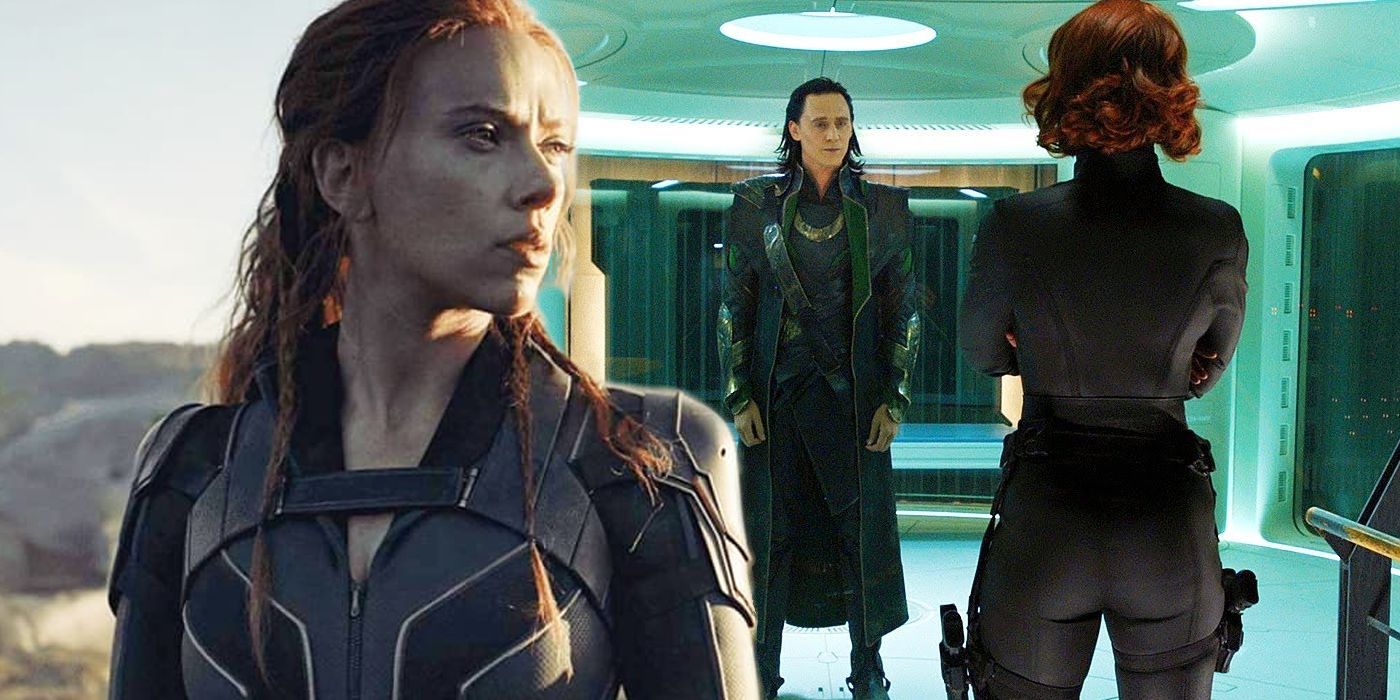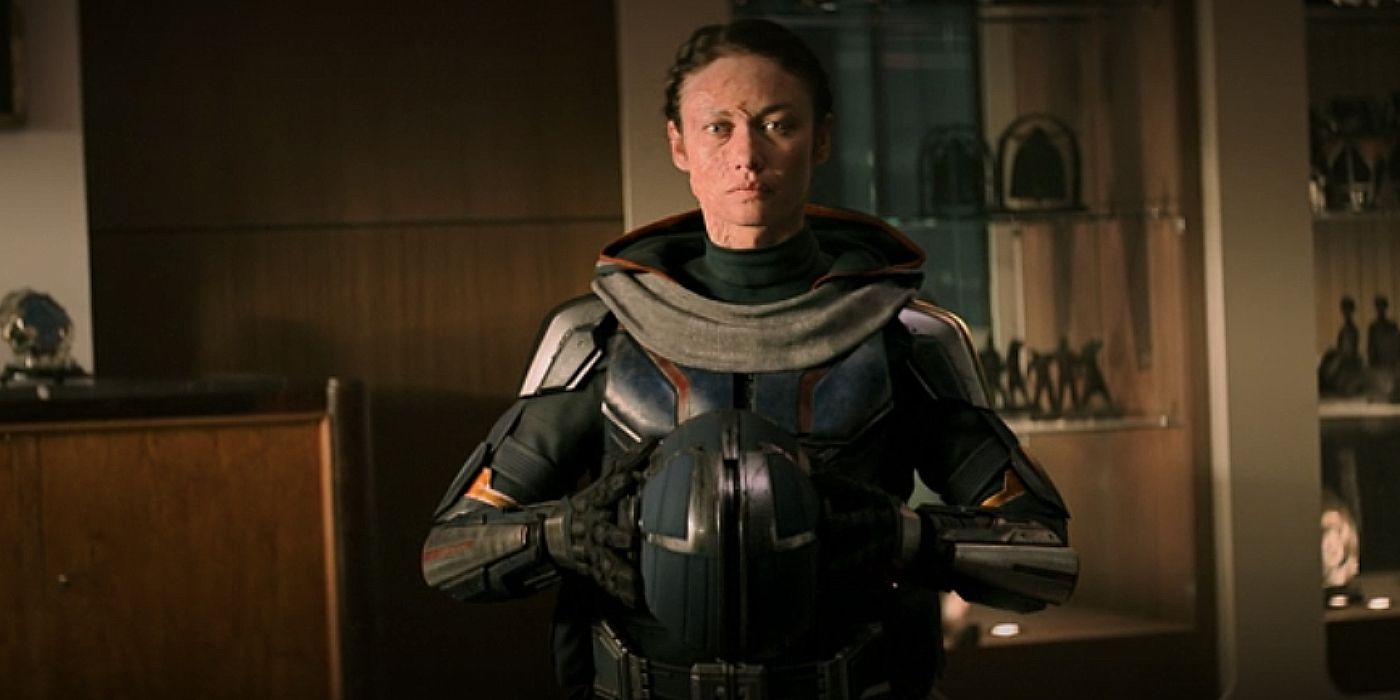Warning: This post contains Black Widow spoilers.
In The Avengers, Loki taunts Natasha by mentioning Dreykov's daughter - and the Taskmaster and Budapest reveals both explain exactly what that line meant. After almost a decade, Black Widow has finally explained why Loki used that particular moment from Natasha’s past to try and upset her. When captured on Nick Fury’s helicarrier the MCU's God of Mischief goads Black Widow with knowledge of her past sins, mentioning the crimes he says can never be atoned for, including the mention of Dreykov’s daughter.
The question of Natasha’s past has only been hinted at for the majority of the MCU teased in passing in The Avengers by Loki and Natasha herself and then more substantially in Age of Ultron. That film established Nat’s history with the Red Room and what her handlers and abusers put her through in the name of weaponizing her. That set-up never saw any sort of follow-through until the belated effort to finally tell Black Widow’s own story came around with Phase 4.
While Black Widow purposefully skips over the atrocities rendered on Natasha’s mind and body in the Red Room (other than in a near-franchise-best opening credits sequence), it tells a more important origin: of how she became an Avenger. Calling back to Loki’s manipulative insult - using her trauma against her - Black Widow reveals the cost of becoming an Avenger included the murder of Dreykov’s daughter as collateral damage in Budapest.
Why Dreykov's Daughter Haunts Black Widow So Much After Budapest
Loki’s attempt to hurt Natasha is a skilled one, given that it is Antonia’s death that she carries around as the fabled “red in her ledger”. Having hijacked Clint Barton’s mind, as part of the invasion of New York in The Avengers, he knew what that bombing meant to Natasha, particularly with her own history of being used as a commodity in Dreykov’s regime of terror. He knew that Natasha had had to copy her tormenter’s method, in using Antonia as a means to kill her father: he knew she’d had to become the monster.
As Alexei hinted comically, Natasha had numerous other victims when she was operating under Dreykov’s control, but he carefully chose Antonia and Budapest for maximum effect. Natasha had been freed of her master’s control by that point, and was far more conscious of her actions, choosing to justify the death as her means for freedom. That alone emphasizes exactly what Dreykov put her through - only a fraction of which is shown in Black Widow. And even more perversely, Loki knew it was Natasha’s most haunting memory because he’d stolen it from Clint Barton’s mind, where it presumably also tortured Hawkeye. He had to have known, and he didn’t have Black Widow's traumatic past to justify his actions in a chilling final note to that scene.









